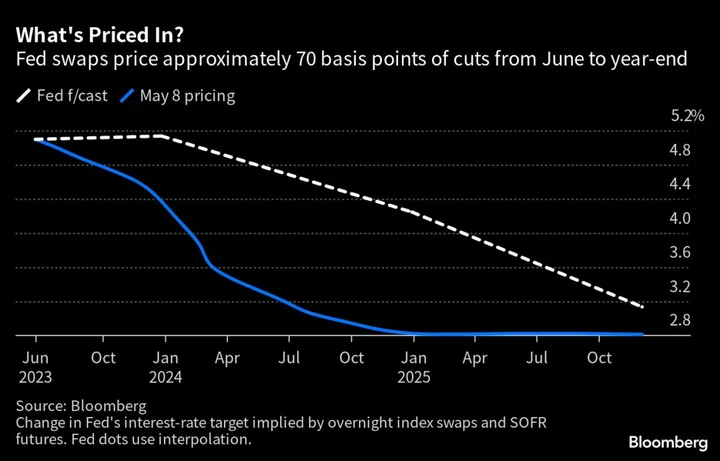Target's quarterly sales fell for the first time in six years as consumers pulled back on home goods, clothing and other discretionary goods. Target has also been embroiled in the political culture wars over gender and sexual orientation.
Target's sales at stores open for at least one year dropped 5.4% last quarter, including a 10.5% drop online. The company also cut its annual sales forecast.
Still, Target's profit came in higher than Wall Street's expectations, and the stock rose 8% in premarket trading.
Target was one of the strongest-performing retailers during the pandemic as consumers flocked to stores and its website while stuck at home. But Target has slipped as consumers change their spending patterns.
Target is over-exposed to discretionary merchandise. More than half of Target's merchandise is discretionary -- clothing, home decor, electronics, toys, party supplies and other non-essentials. But shoppers have shifted away from discretionary goods. Instead. they are spending more on food, household essentials, travel and other services.
Beginning in May, Target also faced a homophobic campaign that went viral on social media over its annual Pride Month clothing collection. Fueled by far-right personalities, the anti-LGBTQ campaign spread misleading information about the Pride Month products.
The campaign became hostile, with violent threats levied against Target employees and instances of damaged products and displays in stores. Target said on May 24 that it was removing certain items that caused the most "volatile" reaction from opponents to protect its workers' safety.
But Target's response frustrated supporters of gay and transgender rights, who said the company caved to bigoted pressure.
The store didn't say whether that had any effect on its sales decline.
Heading into Wednesday, Target's stock dropped 27% over the past year.









